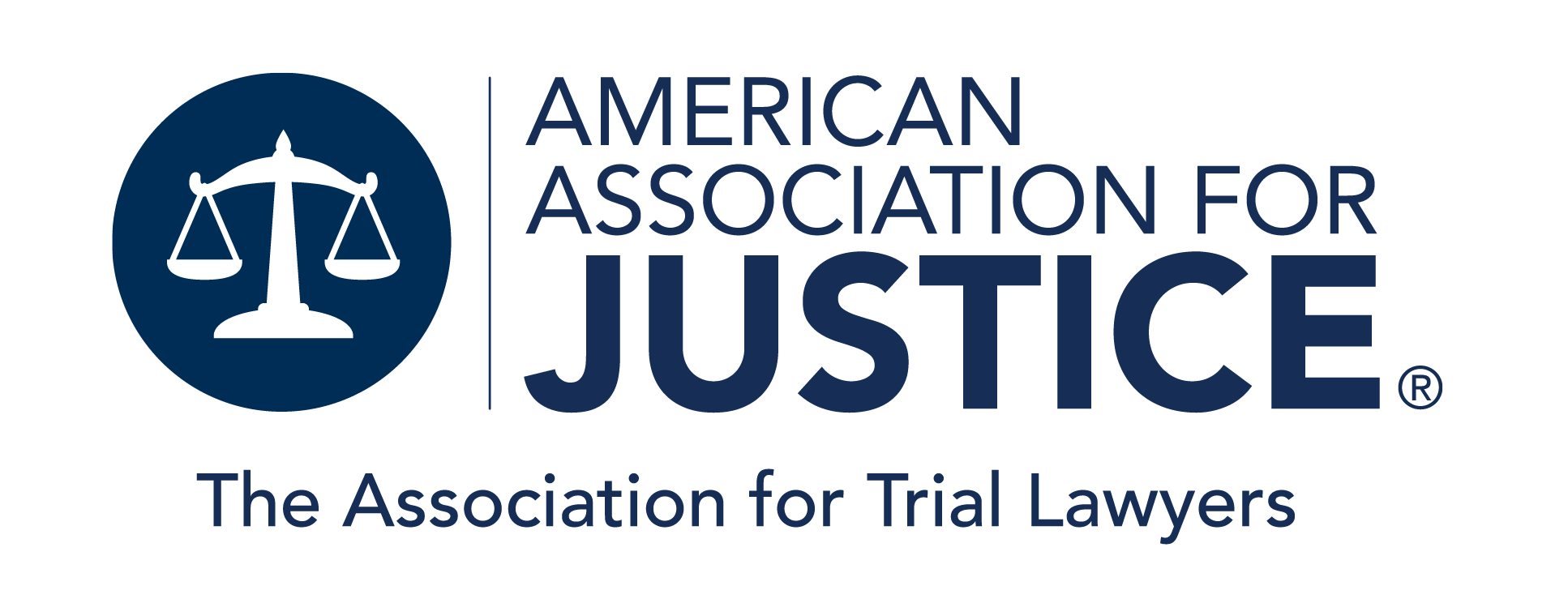of Personal Injury
How Is Death Considered Wrongful? Examples Included
A wrongful death case arises when the negligence of a person or a company causes the death of another person. It often occurs in the context of a motor vehicle accident, but it can also arise from a work related accident, a construction accident, a fall or even a dog bite. For example, if the owner and operator of a tractor-trailer, bus, motorcycle or car is negligent and it causes someone to die, this can give rise to a wrongful death case. If someone falls due to a dangerous condition of property and strikes their head and suffers a subdural hematoma or another type of brain injury and dies, this also would give rise to a wrongful death case. If a worker falls from a roof and there was no fall protection and death occurs, this is another example of a wrongful death. In summary a wrongful death occurs when someone is negligent and it causes the loss of life.
However, a criminal act such as murder can give rise to a wrongful death case. While you can sue a person in civil court for murder, it is not likely that that person has much in assets to pay a civil settlement or judgment. However, if the murder occurred in part due to someone’s failure to provide adequate security, this is a potential wrongful death case.
Wrongful death cases must be filed in Court within two years of the event which caused the death. This is known as the “statute of limitations.” Failure to file a lawsuit within the applicable statute of limitations is a permanent bar to any potential recovery for wrongful death damages.
When a person dies to the fault of another, New Jersey law recognizes three types of losses, which can be recovered. They are:
“In Life Pain and Suffering”; that is, a claim for the suffering, which the deceased endured from the time of the accident until the time of death.
“Monetary loss to the survivors.” In other words, if the deceased was a working person, the loss of earnings and benefits that the survivor suffer, which the deceased would have earned can be recovered.
“Loss of Advice and Companionship.” These are damages which the law recognizes for the monetary value for the replacement of the services of the deceased. For example, if a parent died and they were very close with their children, and provided them with guidance about college, getting a job or financial advice, the law recognizes this as a loss, which can be recovered.







